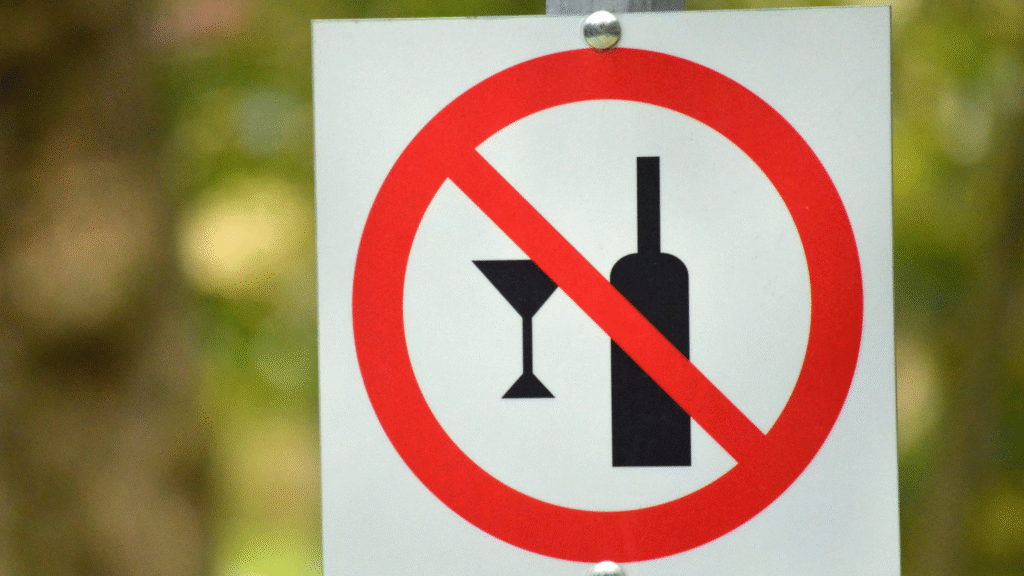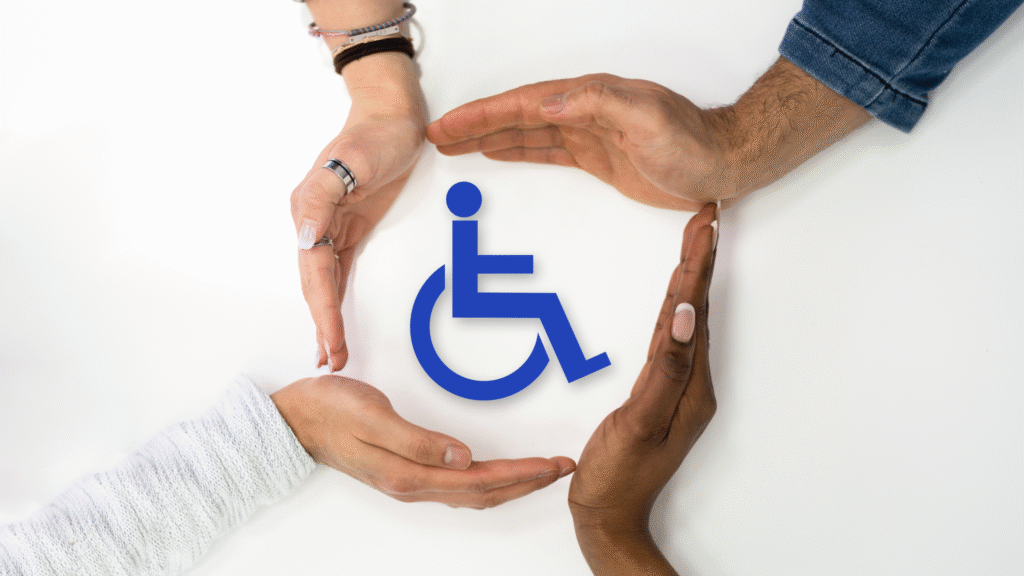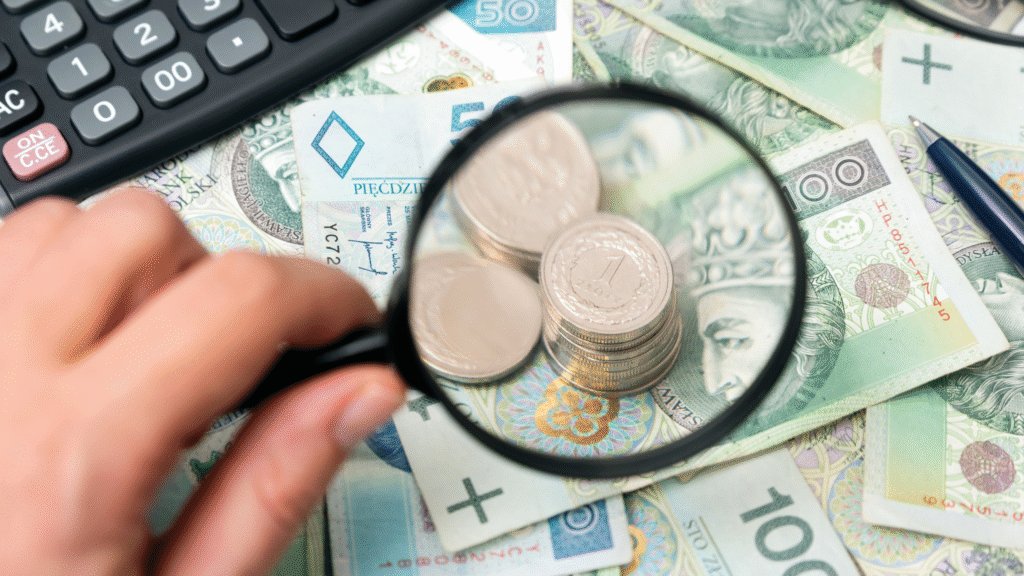Local or temporary ban on the sale of alcohol as an example of a restriction on the freedom of economic activity
Now and then, the topic of possible changes to the law aimed at limiting (sometimes even banning) the distribution of alcohol in more minor sales points (so-called local shops), 24-hour shops, or at petrol stations returns in both public and political circles. In this context, it is worth considering existing regulations applied by some local governments. These regulations allow local authorities to introduce certain restrictions on the sale of alcohol in justified cases while upholding the rule of law and applying the principle of proportionality.
Freedom of economic activity as a constitutional principle and value
It should be considered undisputed that freedom of economic activity is a constitutional value (expressed directly in the Constitution and having special protection).[1]
Emphasis should be placed on the fact that from the constitutional perspective, restrictions on the freedom of economic activity may only be imposed through a statute and only for the reasons of an important public interest. However, it is also necessary to meet the conditions of proportionality and non-infringement of the essence of the freedom of economic activity.[2]
Notably, from a constitutional perspective, entrepreneurs remain protected if their activities are by the law. In this case, there is no distinction between “malicious entrepreneurs” (e.g., those trading in legal stimulants, including alcohol) and “good entrepreneurs” (e.g., those involved in the distribution of medical products).
Every legally operating entrepreneur is entitled to legal protection and having one’s legitimate interests considered at the lawmaking level and its application.
Restrictions on entrepreneurs and the principle of proportionality
On the other hand, according to the views expressed by the Constitutional Tribunal, the obligation to take care of the health of the society (not only the general public health, but that of specific groups) is a fundamental obligation of the state, based on which constitutional rights may be restricted.[3] Moreover, the state may impose additional obligations on citizens because of this obligation.[4]
Protecting public morality may also constitute, under certain conditions, a reason for introducing restrictions on constitutional rights and freedoms.
The aforementioned constituted the basis for introducing the Upbringing in Sobriety and Counteracting Alcoholism Act of October 26, 1982 (hereinafter referred to as the “Act”). Its preamble directly refers to protecting health and morality by “recognizing the life of citizens in sobriety as an indispensable condition for the moral and material good of the Nation…”.
The municipal council may restrict the hours, manner, and places of alcohol distribution
Based on the authorization provided in the Act (particularly Article 12 of the Act), a gmina (a municipality) has the right to establish local legal acts binding within its territory, regulating the sale of alcoholic beverages.
The resolutions may concern both:
- the maximum number of permits for the sale of alcoholic beverages within the territory of a gmina, considering the types of products and the method of their sale,
- the maximum number of such permits for individual auxiliary units of a given gmina;
- principles for locating places of sale and serving alcoholic beverages within the gmina, and
- restrictions on the sale during the so-called night sales hours (between 10 PM and 6 AM) of alcoholic beverages intended for consumption outside of the place of sale.
Before adopting each of these resolutions, the council of a gmina must seek the opinion of the gmina’s auxiliary unit, provided that such units have been introduced in each gmina’s legal circulation.[5] A resolution on the hours, places, or methods of selling alcoholic beverages should also consider the provisions of the local government’s program for the prevention and resolution of alcohol problems and counteracting drug addiction. Moreover, considering the specific local circumstances, it should be adequately justified by local needs (or at least describe local conditions and objectively “convince” about the need to implement one of the methods of actual restriction).
As the Supreme Administrative Court, for example, pointed out in its judgment of January 13, 2022, it is generally acceptable to limit the sale of alcoholic beverages only within a specific housing estate (auxiliary unit of a gmina or city). Even if it simultaneously allows the sale of alcoholic beverages in neighboring auxiliary units (housing estates), such a solution cannot be assessed as violating the constitutional principle of equality or impermissibly restricting constitutional freedoms and rights.[6]
However, it should be emphasized that, in the case in question, at least according to the Supreme Administrative Court, the gmina correctly justified the need to introduce restrictions and indicated that the solution was within the scope of its program to prevent and resolve alcohol-related problems.
In this case, the justification directly referred to the phenomenon of the new, so-called “bus-stop” model of drinking alcohol in places where it is prohibited, and given the significant amount of alcohol consumed in this model, the low price of alcohol sold in shops compared to sales prices in gastronomic entities, it was considered that the introduction of a restriction on the night-time sale of alcoholic beverages intended for consumption outside the place of sale would contribute to the actual implementation of the goals such as the health protection and preventive medical care.[7]
The findings of the Supreme Administrative Court made in both cited judgments concerning the resolution of the Wrocław City Council seem to emphasize the unique role of proper procedure and correct justification of the local restrictions on the freedom of economic activity.
It is worth staying alert—also locally!
Restricting constitutional freedoms is always controversial. Therefore, it is worth analyzing each case of restricting economic activity in a specific, situational way and applying a critical proportionality test each time, even when the legislator—or, even more so, the local legislator using statutory tools—introduces restrictions on constitutional freedoms with the noblest goals in mind.
Mainly, I encourage entrepreneurs to remain alert and monitor local restrictions on business activity. Adapting to bans and restrictions may be much more expensive and more complicated than examining the legality of such bans or restrictions in advance or possibly appropriately challenging them. The procedure for implementing local law might have been incorrect, or the introduction of restrictions might remain unjustified or completely disproportionate.
The team at Jabłoński Koźmiński Law Firm has vast and varied experience advising entrepreneurs, providing opinions and appeals against resolutions of local government bodies, and even participating in legislative processes related to normative acts of a nationwide nature.
[1] See, for example, Articles 20, 21, 22, 31, and 32 of the Constitution of the Republic of Poland.
[2] P. Mroczkowski, Ograniczenia nocnej sprzedaży alkoholu do spożycia poza miejscem sprzedaży [ENG: Restrictions on the night-time sale of alcohol for consumption outside the place of sale], St.Prawn.KUL 2022, No. 3, p. 227-244.
[3] The judgment of the Constitutional Tribunal of December 10, 2013, ref. No. U 5/13, OTK-A 2013, No. 9, item 136.
[4] The Judgment of the Constitutional Tribunal of July 9, 2009, ref. No. SK 48/05, OTK-A 2009, No. 7, item 108.
[5] I. Niżnik-Dobosz [in:] M. Koszowski, I. Niżnik-Dobosz, Ustawa o wychowaniu w trzeźwości i przeciwdziałaniu alkoholizmowi. Komentarz [ENG: Upbringing in Sobriety and Counteracting Alcoholism Act, Commentary], LEX/el. 2022, Article 12.
[6] The Judgment of the Supreme Administrative Court of January 13, 2022, ref. No. II GSK 2533/21, ONSAiWSA 2022, No. 5, item. 68.
[7] The Judgment of the Supreme Administrative Court of June 27, 2024, ref. No. II GSk. 1576/22, LEX No. 3733302.













